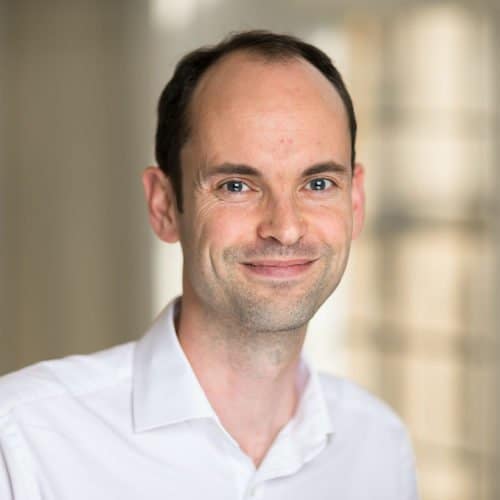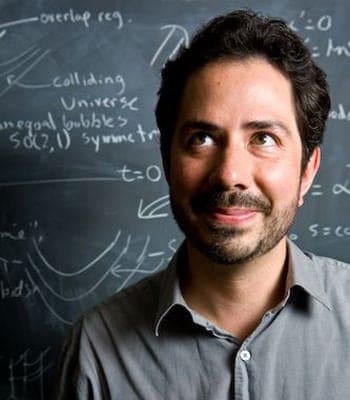Toby Ord | FHI

Contents
Toby Ord | FHI
Senior Research Fellow
What do we need to do to be prepared for future pandemics?
We now know a lot about how to do prepare better for the stage of the pandemic that hit Europe and America, such as better PPE stockpiles, more ventilators, and keeping spare capacity in the health system. But we should also think more about what we need to do before and during the very start of an outbreak. We need to learn the lesson about how strong early action would have been worth trillions of dollars — far more than would have seemed reasonable at the time. But this is the way with preventative measures, successful measures always look out of proportion with the damages that follow: the point is to be in proportion with the damages that *don’t* follow (the damages you prevent).
We would also do well to invest a vast amount in disease surveillance — in new diagnostic techniques, such as nanopore sequencing that may be able to detect outbreaks of novel pathogens substantially earlier than with COVID-19. And especially important — this would also help with engineered pandemics.
What can we learn from COVID-19 about other catastrophic risks like nuclear war, AI, etc?
Humanity is still vulnerable.
Humanity is bad at learning from previous catastrophes when the memories have faded, and even worse if the catastrophe is unprecedented. So we need to take this into account and try especially hard to learn from the most relevant information we have (e.g. near misses or similar events).
We need to listen to our experts and pay the comparatively small costs they suggest for preventing the catastrophes that are predictable. While it can be very difficult to predict such events, the problem here was not one of failures to predict, but of not listening to the predictions we do have.
What can we learn from COVID-19 about how to make humanity more resilient in general?
Having great lines of communication and honest sharing of information means that we can learn from each others’ experience even if some countries are struck just a week or two earlier. But we also need to be prepared to actually act on this — to realise that it can happen here just as easily.
About the Future of Life Institute
The Future of Life Institute (FLI) is a global think tank with a team of 20+ full-time staff operating across the US and Europe. FLI has been working to steer the development of transformative technologies towards benefitting life and away from extreme large-scale risks since its founding in 2014. Find out more about our mission or explore our work.
Related content
Other posts about COVID-19

Yi Zeng | Chinese Academy of Sciences/BAAI

Anthony Aguirre | UC Santa Cruz

Emilia Javorsky | FLI

